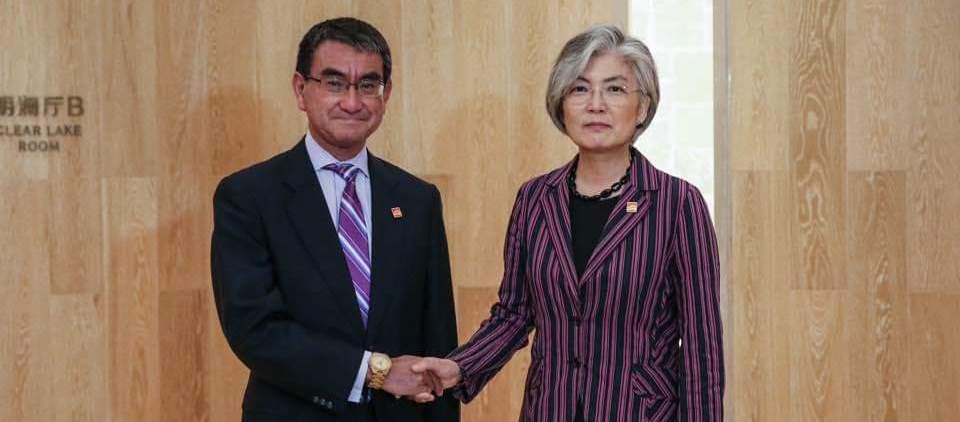The Meaning of GSOMIA Termination: Escalation of the Japan-Korea Dispute
Key Findings
- The South Korean government announcement today of its intention not to renew the General Security of Military Information Agreement (GSOMIA) represents escalation of the Japan-Korea dispute after each side removed the other from preferred trade partner lists (so-called “whitelists”) earlier this month.1
- This agreement allowed for more seamless intelligence sharing among the two allies and the United States regarding the North Korea activities in the region.
- Once terminated, the agreement will be hard to reconstitute given domestic political obstacles in the past, particularly in South Korea.
- While this action is vindictively directed at Japan, it weakens the U.S.-South Korea alliance as it weakens trilateral cooperation among the three countries.
- No policy action of this type takes place in a vacuum. This development is beneficial to countries opposed to the U.S. alliance system including North Korea, China, and Russia.
Victor Cha is a senior adviser and the inaugural holder of the Korea Chair at the Center for Strategic and International Studies.
Headline image credit: ROK Ministry of Foreign Affairs.
References
- The official terminology for Japan can be found here: https://www.meti.go.jp/english/press/2019/0802_001.html. The official terminology used by the Republic of Korea can be found here: korea.net/NewsFocus/policies/view?articleId=174090&pageindex=1. ↩
Related

